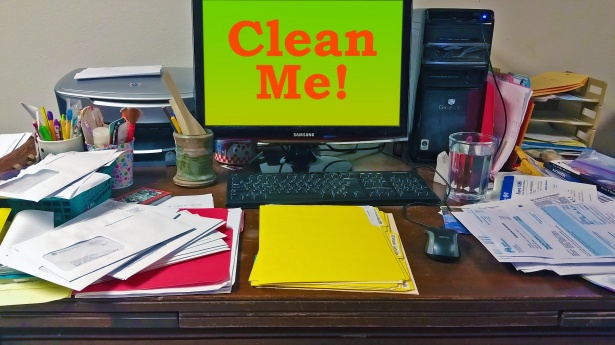Is Partisan Media Beneficial for Society?
It’s all about that bias.
December 12, 2022
Recently, I became a fairly regular reader of the online opinion site The American Conservative. Being right-leaning myself, I found it interesting to hear what people on my particular side of the political aisle are thinking about current affairs.
I find it important, however, to clearly distinguish the site as one of opinion, not of news. While the authors who write for this site do incorporate facts into their arguments, their pieces are largely just that: arguments for the political ideology that is found in their title.
It is important to distinguish between news and partisan media. News can be defined as objective, nonpartisan retelling of current events that may entail some opinion, but stays within the realm of objectivity for the most part.
Partisan media may claim to be news, but it is very different. Partisan media exists for the purpose not of promoting independent journalism but of attempting to convince prospective audiences of a partisan viewpoint.
This begs the question of whether partisan media is in any way beneficial. Can a media source that exists solely for the purpose of pushing partisan and biased points of view serve a helpful purpose for society?
To answer this question, I shall look more carefully at both partisan and independent news sources. I shall examine MSNBC (a liberally biased news source), The Wall Street Journal (a media source whose opinions lean conservative but whose news remains fairly independent), and the aforementioned American Conservative (an obviously conservatively biased media source).
The first and third of these news sources are both partisan, though to opposing sides of the political spectrum. They may present themselves as news sources, but anyone who gets their news exclusively from either of these sources is most certainly not getting a balanced perspective on current happenings.
While the Wall Street Journal leans conservative, it is much more balanced than either of the aforementioned.
But I must raise a point here. The Wall Street Journal is not perfectly independent.
No news source is.
This means that, no matter how much a media source attempts to be balanced, it will never be successful in the absolute highest respect.
I do not mean to say here that news sources should not try to be independent and balanced. It is always beneficial to attempt to provide an equal view for all sides when covering a medium such as politics.
But we must not write off a media source simply because it fails to do this in the most perfect sense. Media will always have bias; it is simply our responsibility to understand it.
Let us, then, return to the question of clear partisan media. Can these sources provide benefits to readers even though they do not try to be independent?
Once again, it is our duty as consumers of media to understand bias and factor it into our consumption. Ergo, as long as we do this and treat these sources as opinion and perspective rather than news, we can read and watch them smartly and use them to build our own perspectives.
So partisan media may not be as useful for the creation and maintenance of balance in our political mindsets, but can it still be useful? Certainly.







































Karen Raymond • Dec 12, 2022 at 8:02 am
Very well written! I enjoy reading your articles. I’m also right- leaning, but will compare liberal and conservative views.
Alexander Woodcock • Dec 12, 2022 at 9:19 am
Thank you for responding! It is indeed important to compare various viewpoints when examining political issues.